I have said many times in interviews that when I was a student, I wrote for newspapers first of all because I “ate newspapers, slept newspapers, and dreamed newspapers”; also because… of money for street food. At that time, I regularly reported for two newspapers: Lao Dong and Van Nghe Tre. Intentionally or not, the very “literary” reports of the two newspapers that were at their peak at that time were both worth exactly 1 tael of gold. Oh my, I woke up from my entire life as a poor student renting a house surrounded by prostitutes and drug addicts (that was how it was at that time) and receiving royalties of 1 tael of gold each time. Then, later on, I was lucky to win First Prize, Second Prize, and even several Third Prizes and Encouragement Prizes in Lao Dong’s reportage competitions.
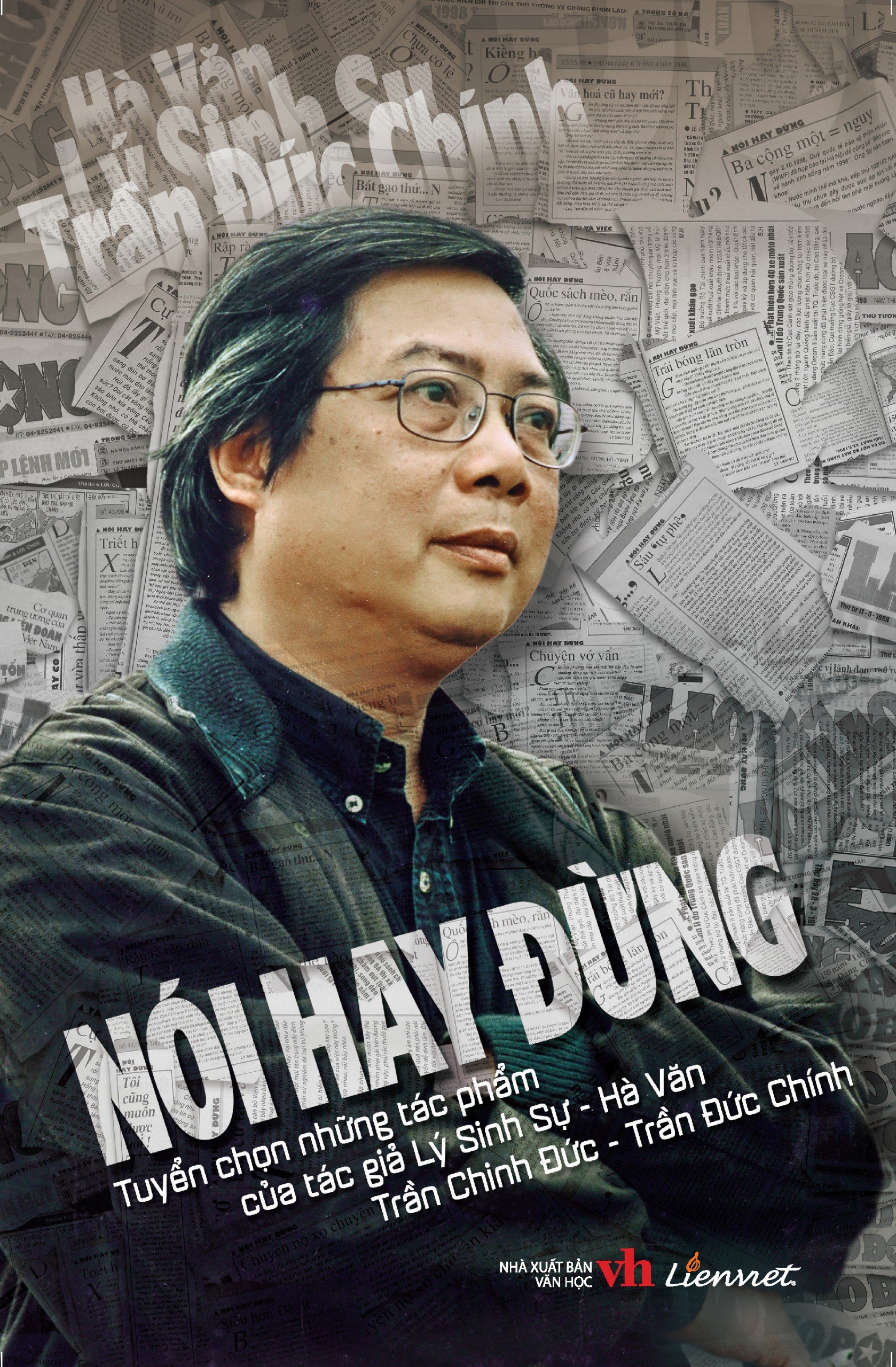
With a little bit of the prize, I was a little more confident to "attack" the Editorial Board of Lao Dong. The purpose was to see the famous journalists that I read about in the newspaper every day, "hearing their voice but not seeing their form". Of course, Mr. Ly Sinh Su (Ha Van, Tran Duc Chinh, Tran Chinh Duc) was the person I was most curious about.
If counting from 1994, it has been 3 decades since “the yard was full of fallen leaves”. So, I really don’t remember when I first met Mr. Ly Sinh Su - Tran Duc Chinh. I only remember the time when he loved “little boy” Do Doan Hoang so much, whenever I sneaked into the “Deputy Editor-in-Chief’s” room, he would squint his eyes, smile brightly and humorously. His glasses were a bit big and his eyes were a bit round, the rim of the glasses was probably made of dark plastic - everything about him exuded the “washing away of time” - very ancient. Whenever the conversation was exciting, or emotional, or deep in thought, he would take out his glasses and wipe them. Then he would be humorous, with a “mischievous and innocent” smile, he would always call me this guy, this kid, this is what I tell you.
“I wrote about the fate of the descendants of the village crier, uncle. The title is “The Tale of the Village Crier”, to make it similar to the Eastern Zhou Dynasty (laughs). In my hometown, counting from 1953, before the liberation of Dien Bien, there were still crier, their descendants were born now, some of them still live in the village. They were discriminated against terribly, most of them left the country, crier and leprosy were the most “feared” in the past, now leprosy is cured, only the discrimination of “crier’s children” in people’s brains is too cruel, it has not been cured yet…”. I explained passionately. Uncle Ly Sinh Su listened, smiled, and asked for a few more details. It seemed interesting. Just wiped the glass, "You have to write like this, you have to understand: at that time, the gong played a very important role, loud-loud-loud-loud, village gongs, upper-lower-west-east, rich man's daughters... They knocked, they shouted, they reported hot news with a nice voice and many interesting things. They were the bud of our journalism from that time - they reported good content and beautiful and eye-catching form". I laughed out loud, that's right, uncle. The gong's daughter was always beautiful, and was always the place of the mandarin in the village where "walking around, dangling electric wires", even though her mouth still cursed the gong this or that, just like in the old cheo plays we often watch. Beautiful content and beautiful form, uncle.
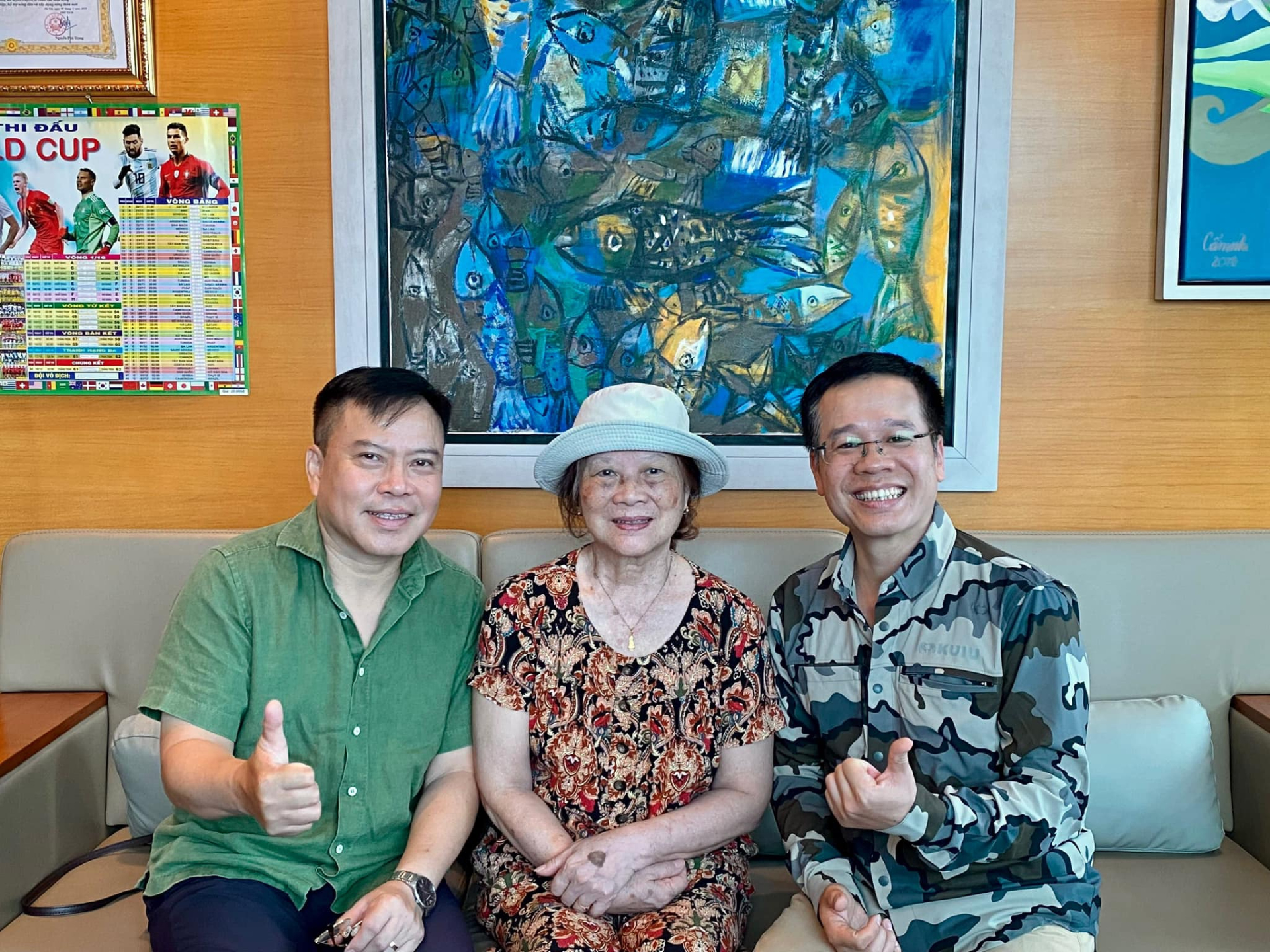
Journalists Luu Quang Dinh and Do Doan Hoang, along with Ms. Mai - wife of journalist Tran Duc Chinh, discussed and exchanged about the book "Say or Don't", which is expected to be released on June 18, 2024. The book is a tribute and respect from colleagues to journalist Tran Duc Chinh.
Another time, I went to write about Cay Chay hamlet, an area that had to cross the Tich River (of the old Ha Tay province) to get to, at that time, there were still no electricity, roads, schools, stations, Mr. Chinh said, Cay Chay, if it continues like this, when will it bear fruit? I wrote a report: "When will Cay Chay bear fruit?"; and earnestly petitioned to fill the gaps so that the youth there could rise up.
Another time, I walked for a whole week, then took a motorbike taxi (motorbike taxi) along the districts of Quy Chau, Quy Hop, Que Phong of Nghe An province, all the way to Nam Nhoong, Tri Le, and then to neighboring Laos. I went with the police (at that time I worked for the police newspaper). The motorbike taxi had a stretcher to carry the motorbike through the raging streams, the motorbike jumped over rocks, both wheels were submerged in mud, crawled over the edge of the cliff, the person sitting stretched out, straining like a monkey swinging on a tree, and the driver strained so much that his two hands became calloused into lumps as big as eggs. Many villages became brothels for drug lords, the police raided large mountain caves, found sacks of black tar, all opium transported from Laos. In the middle of this drug hot spot; the motorbike taxi drivers occasionally sat in front of an oil lamp in a remote village, cutting off slices of the lump stuck to their two hands and burning it... fragrant, acrid. I reported the topic to Mr. Ly. He encouraged me to write “The Art of War with Hybrid Vehicles”. For nearly 20 years, those hybrid vehicle guys and I have been friends. That report later won a prize from Lao Dong.
Then, when I read the theoretical articles of journalist Tran Duc Chinh (when he was Deputy Editor-in-Chief of Lao Dong Newspaper and held several positions in the Vietnam Journalists Association), I understood that Mr. Chinh had cycled into the fierce battlefields of Quang Binh and Quang Tri, witnessing the horrifying deaths of war. He was also a journalism lecturer and an excellent journalistic theorist. The humorous and suggestive way he spoke, the way he questioned the topic of a young boy like me at that time, was also the editorial board's way of criticizing the author (collaborator) to guide their story (reportage) to the most important point.
In 2004, I moved from the World Security Newspaper to the Labor Newspaper, and was immediately assigned to the Reportage section, editing every word, and working hard at night to look at the flowers, look at the proofs, and so on until the newspaper smelled of freshly-baked ink. There were many tasks I had never done before. I was scolded by my “superiors”, but I was neither afraid nor bored. Doing something I liked was hard work but also fun. Working hard at night, suddenly the Deputy General Manager of Life Affairs came, he said to the Editor-in-Chief: “Oh my God, this bandit, his place is in the forest, thousands of miles away. How can he stand it if you lock a tiger in a cage like this? And he can’t do this. If you do this, you will lose a very good writer and have a bad editor on top of it.” So I escaped from “reportage management”, and roamed from North to South, all over the country, and all over the world. For this case, I will be grateful to Mr. Ly for the rest of my life.
It seems that everything that comes into Mr. Ly's hands turns into a problem. He is old and a boss, so he keeps a column that the female staff in charge does not dare to ask for until they see him submit it. He keeps a subtle way of saying: my column is "Nung hay Doi" (Say or Don't, to paraphrase it like that). They ask for it every day, because one article every day is too tiring. I think simply, what can we do when we are sick, when we go to a party, when we are drunk, or when we fall asleep and lose inspiration? Rumor has it that when he goes abroad, he still calculates what will be HOT in the public opinion in the next few days, he takes the initiative to write "Say or Don't" first, still good, still funny and extremely on-point with current events.
I call him teacher, now I work with his daughter in the editorial office, sometimes I still give him some money, a little bit of my heart, and tell him to bring it home to give to Chinh's father as a snack, okay! Even though I have never studied with him on the podium. He only patted me on the shoulder a few times, but I have never dared to have a proper chat and drink with him, because of the age difference, because the boss in the editorial office is busy with a thousand and one things. So I just respect him from a distance. But, truly, whenever he edited and guided me on a report, everything opened up for that specific article; and it also played the role of "guiding principle" in countless reports that followed. I published books, and he wrote the preface twice, how wonderful! The happiest things were the articles published in the Reportage section of the Labor Newspaper at that time, which had a few words of "comment" posted as an introduction, a box before the article. Mr. Ly writes skillfully, like someone painting a watercolor painting, like a martial artist performing acupressure - the author of the report was "caught" and the reader was lured in a very interesting way.
When Huynh Dung Nhan and I published a book together called: “From the Mong Duong mine to the roof of the world, Tibet”, I published stories traveling all over the world, looking down from the distant roof of Tibet, while Nhan was still a famous reporter of Vietnam for a long time. When I was a student, I used to put Huynh Dung Nhan’s books on my pillow. Now, Mr. Ly Tran Duc Chinh wrote the introduction for the book, reading it, I see that the uncle is so busy, still following every step of his nephew Hoang. The love of a writer like that is extremely precious. I am close to two Vietnamese reporter wolves, Huynh Dung Nhan and Do Doan Hoang; both of them are of the same height (short) and both have a passion for traveling, have a romantic streak, and love literature (and like everything) equally. His voice is always cheerful but extremely warm.
Here is an excerpt: “Huynh Dung Nhan went first, twice crossing Vietnam and destroying a motorbike (borrowed), not to mention turning left and right in hundreds of regions. Do Doan Hoang was also amazing, in 10 years he traveled all over Vietnam. The two of them traveled a lot and wrote a lot, their books were printed in my bookshelf, journalism departments have a reportage course by them; and for many years now, both of them have been on the podium teaching students, young and old journalists about reportage (…). This time, inviting them to print the book together, it was truly a heroic battle of “two swords combined”. “After reading (the book), many readers may be sad, some angry; but more than that, we have strengthened our faith in life, in people, no matter what… And who knows (after reading), many young journalists will suddenly want to go and write!” (Foreword by journalist Tran Duc Chinh for the above-mentioned book).
People say that in life, there are people we only meet briefly, but they influence us a thousand times more than we think. For me, journalist Tran Duc Chinh is a teacher who "respects from a distance" but has influenced my path so much. He sits and smiles, speaks humorously, calls himself "chu may", "chu em", "thien thug", "thang thug", then skillfully presses acupuncture points for his junior and senior writers to gradually improve. Every time we meet, with just one sentence, one pat on the shoulder, I understand that from the last meeting to this meeting, and over the years, he has always favored me, a country boy carrying a backpack to ask for an audience and present his reportage topics. I know that at times, I was too naive and delusional, but Mr. Ly still smiled humorously, was tolerant and continued to press acupuncture points to teach martial arts.
I believe, with many people, Uncle Chinh also treats people humorously and affectionately like that.
Source: https://www.congluan.vn/cu-ly-cuoi-hom-bay-binh-phap-viet-phong-su-post299196.html


![[Photo] Phuc Tho mulberry season – Sweet fruit from green agriculture](https://vstatic.vietnam.vn/vietnam/resource/IMAGE/2025/4/10/1710a51d63c84a5a92de1b9b4caaf3e5)



![[Photo] Prime Minister Pham Minh Chinh chairs meeting to discuss tax solutions for Vietnam's import and export goods](https://vstatic.vietnam.vn/vietnam/resource/IMAGE/2025/4/10/19b9ed81ca2940b79fb8a0b9ccef539a)






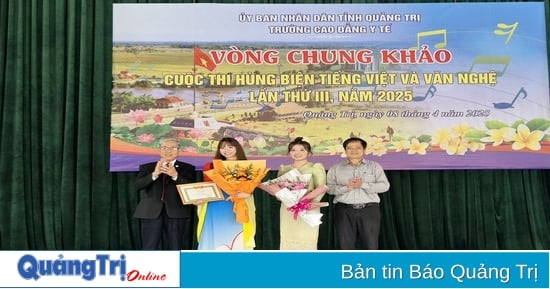
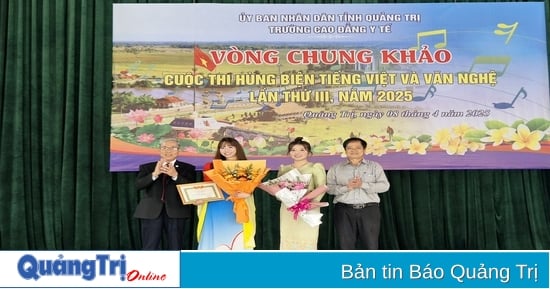
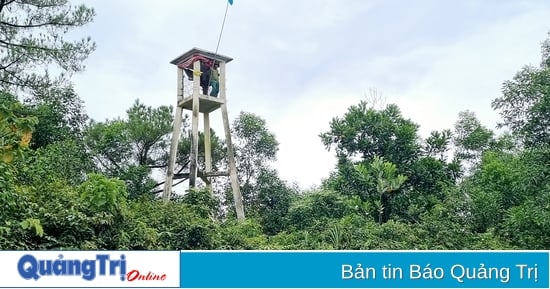
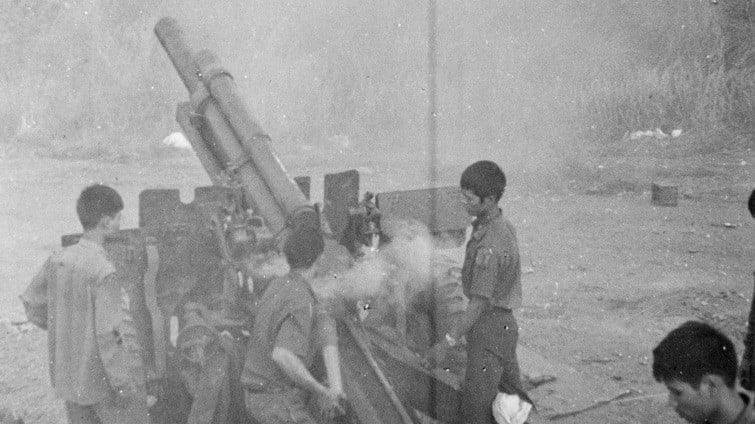
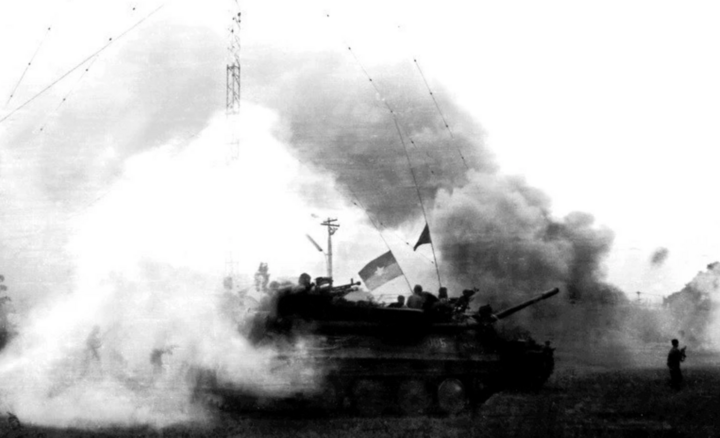
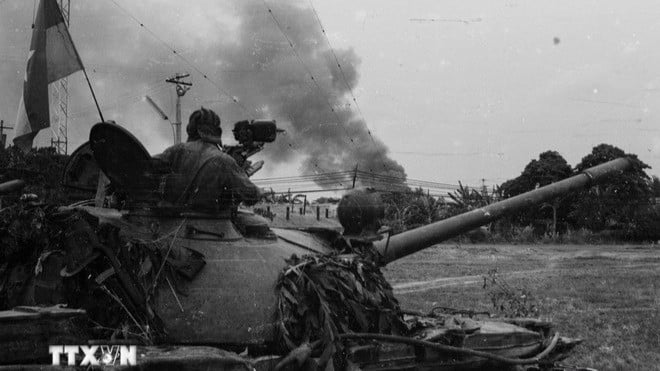
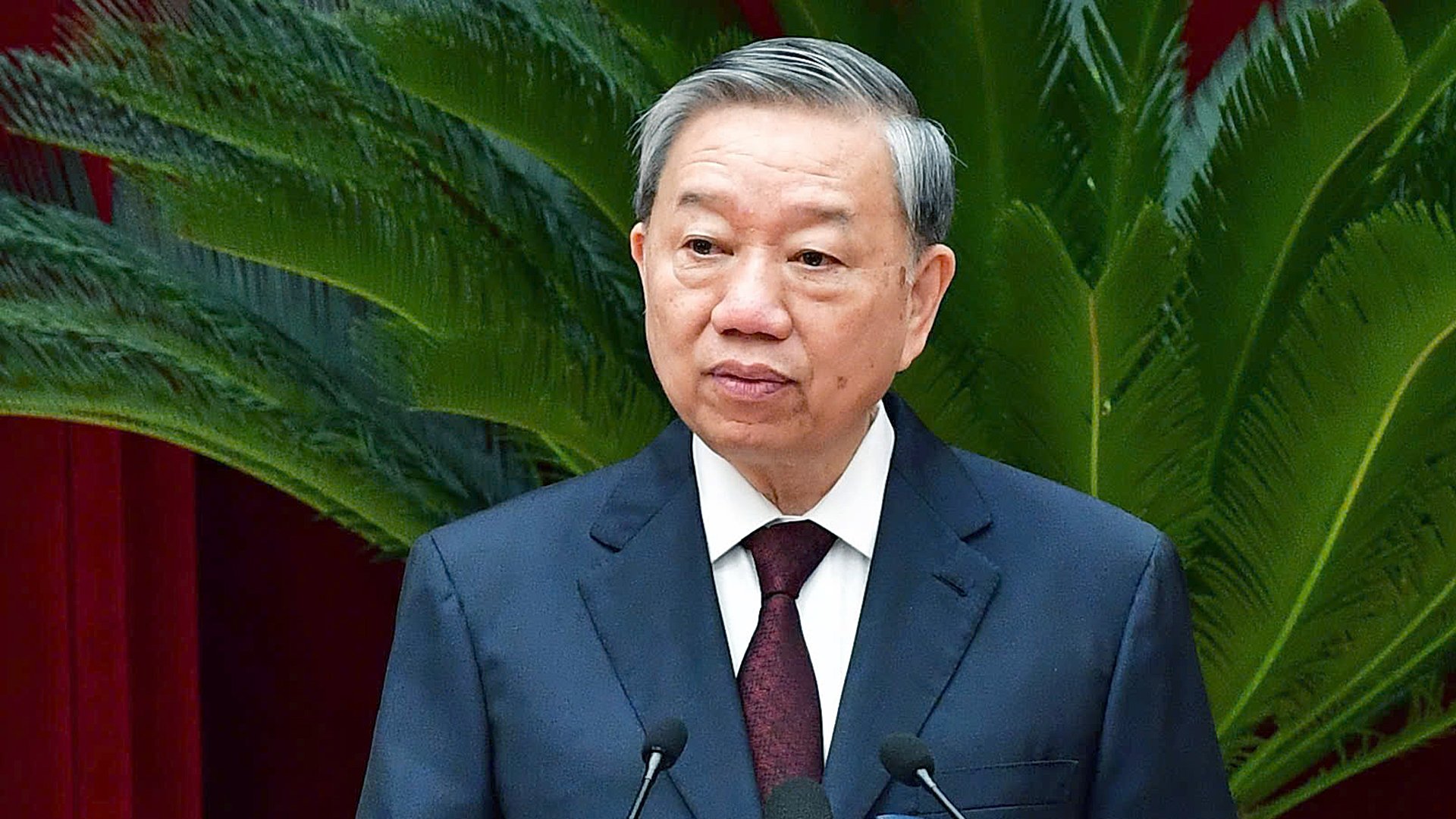
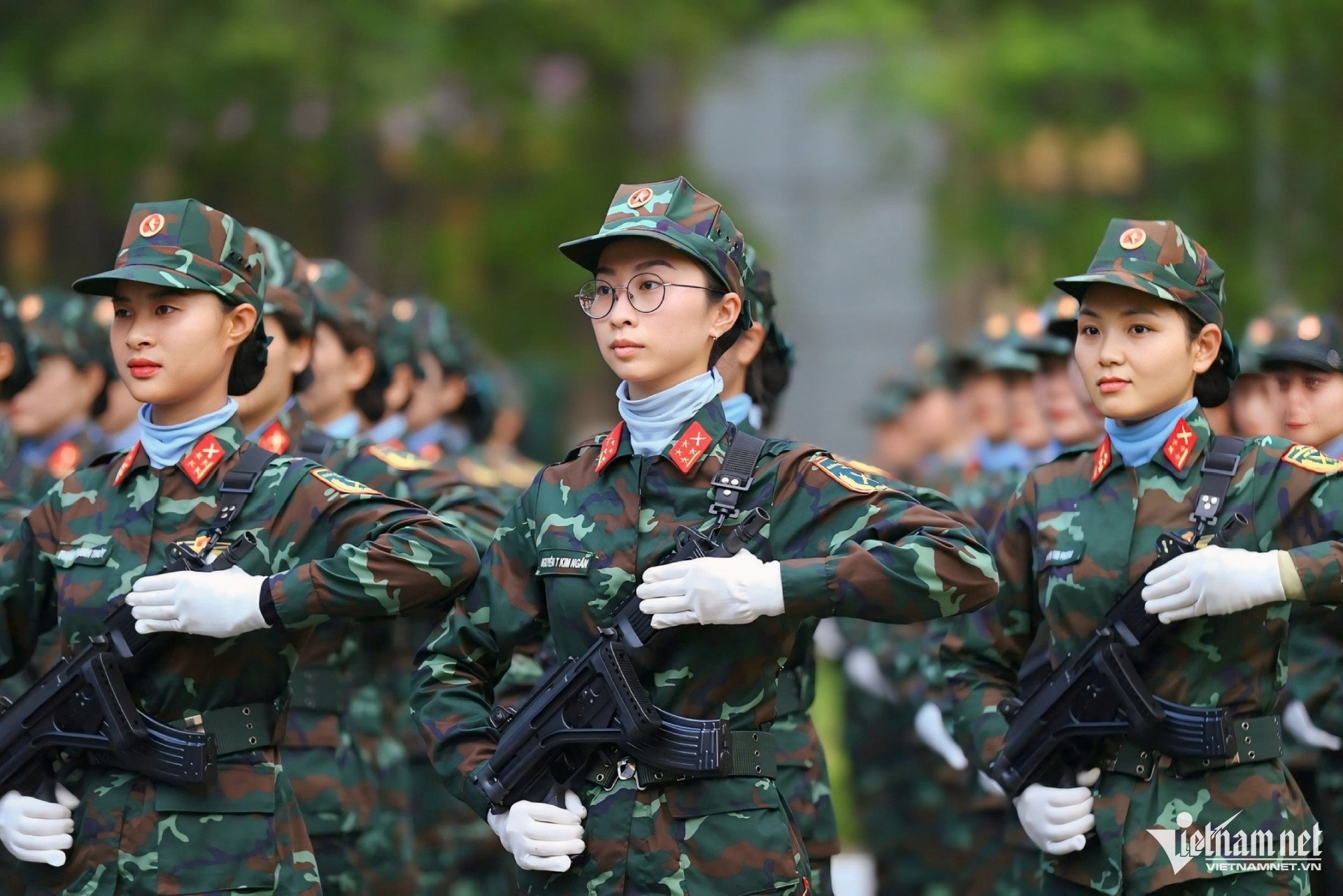
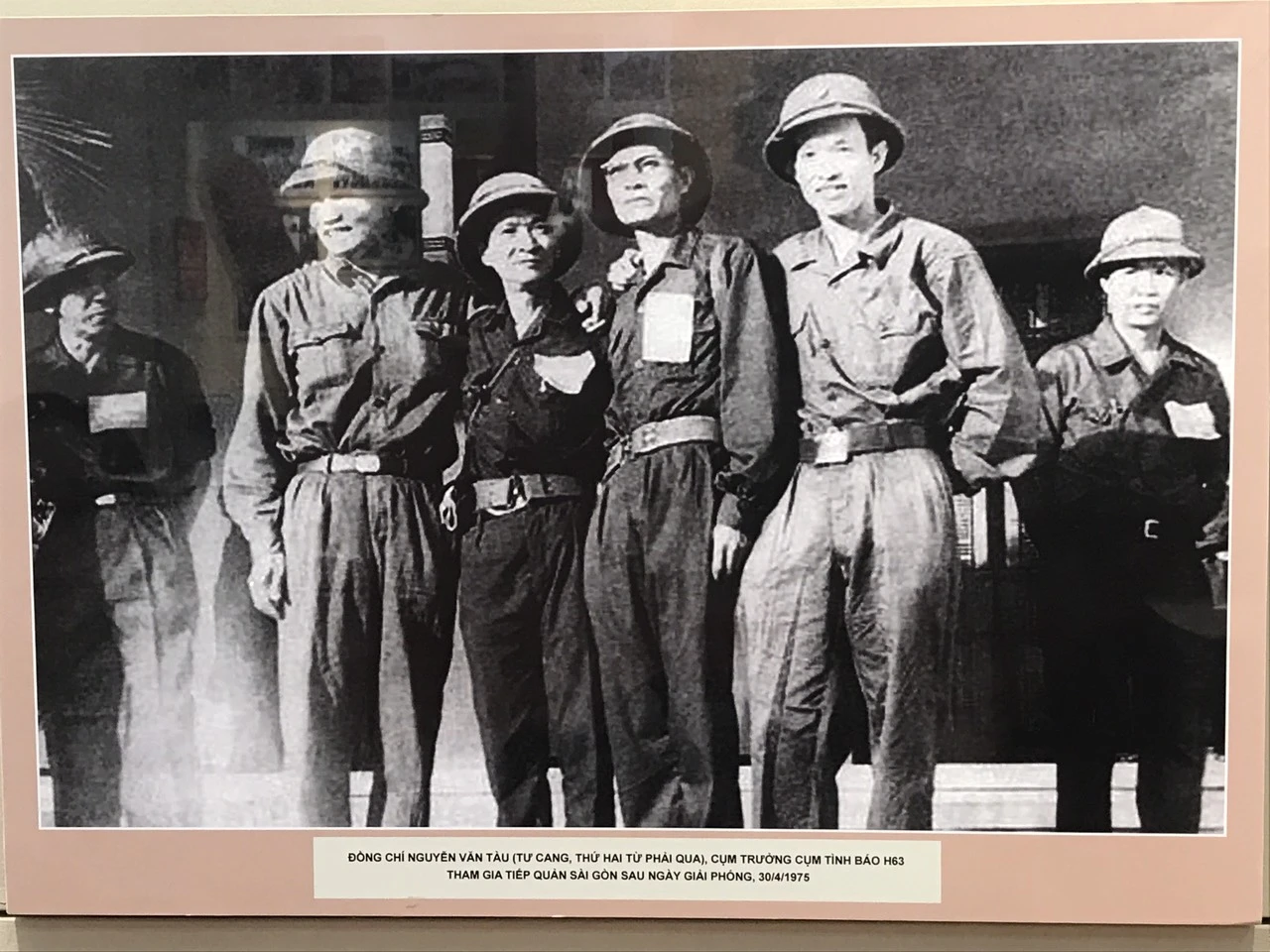









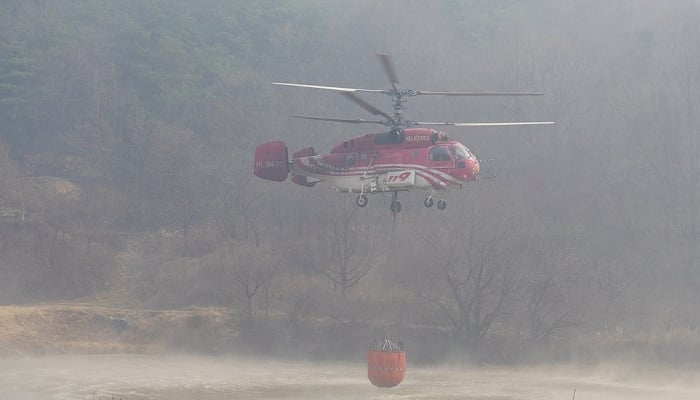
![[Photo] Unique folk games at Chuong Village Festival](https://vstatic.vietnam.vn/vietnam/resource/IMAGE/2025/4/10/cff805a06fdd443b9474c017f98075a4)




































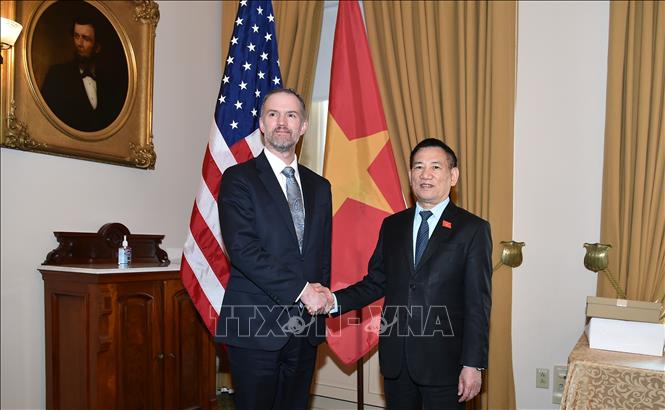




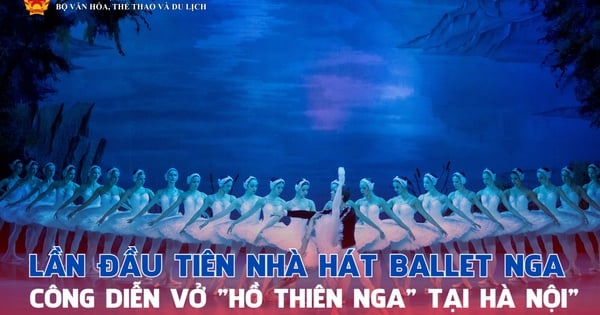







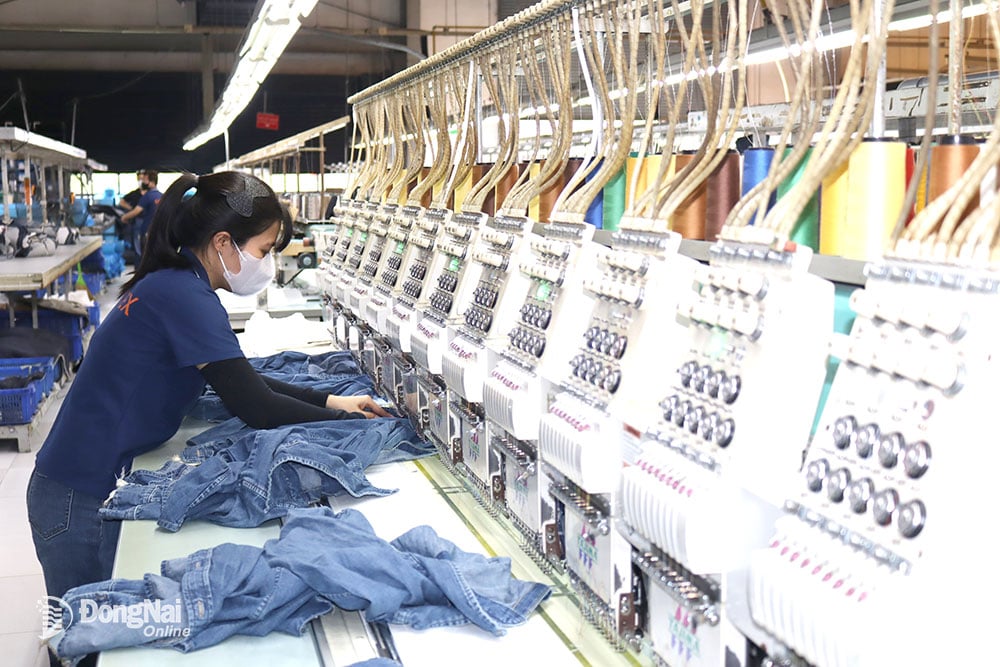

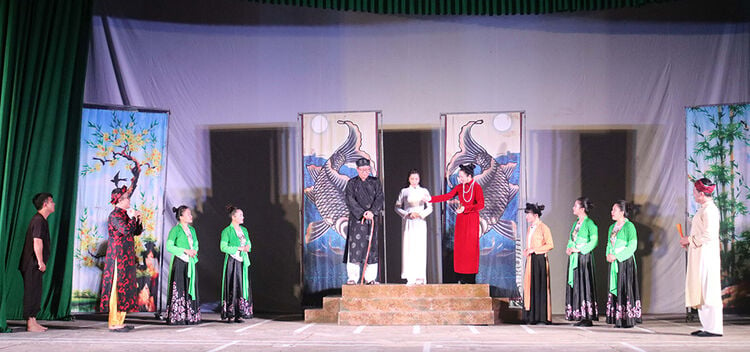

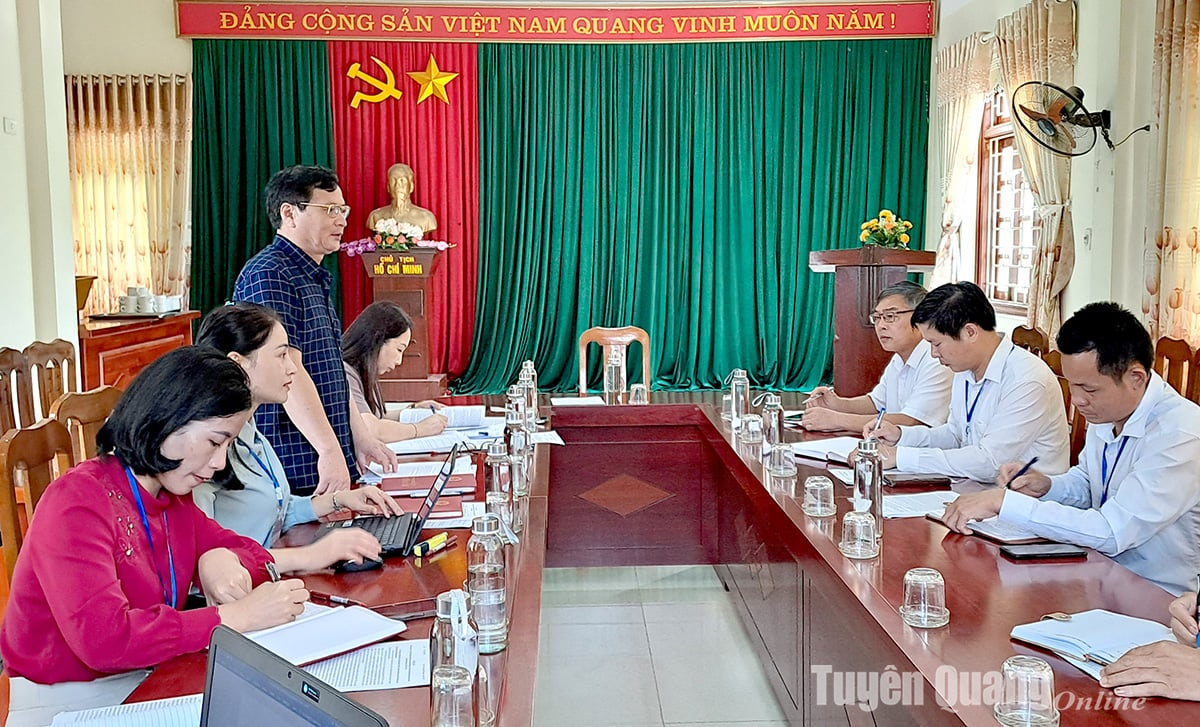
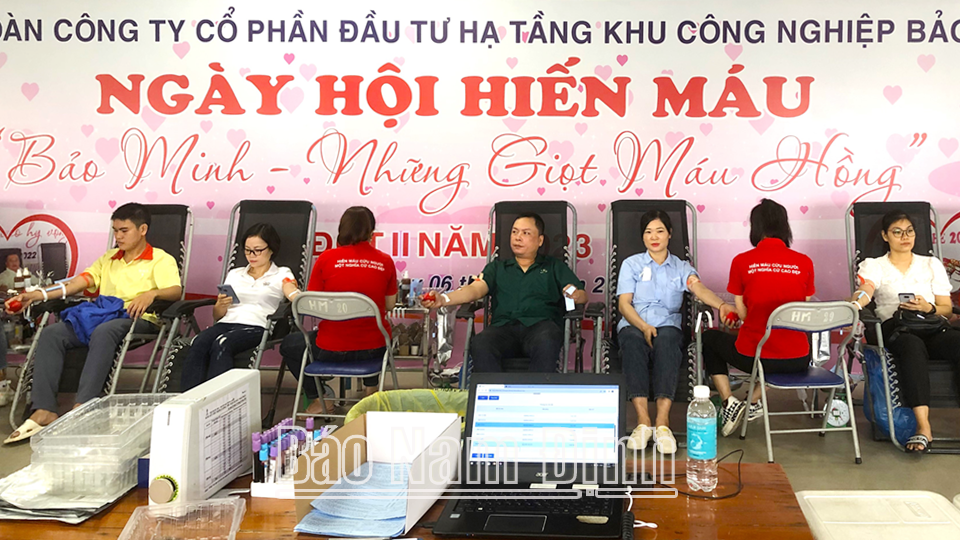











Comment (0)